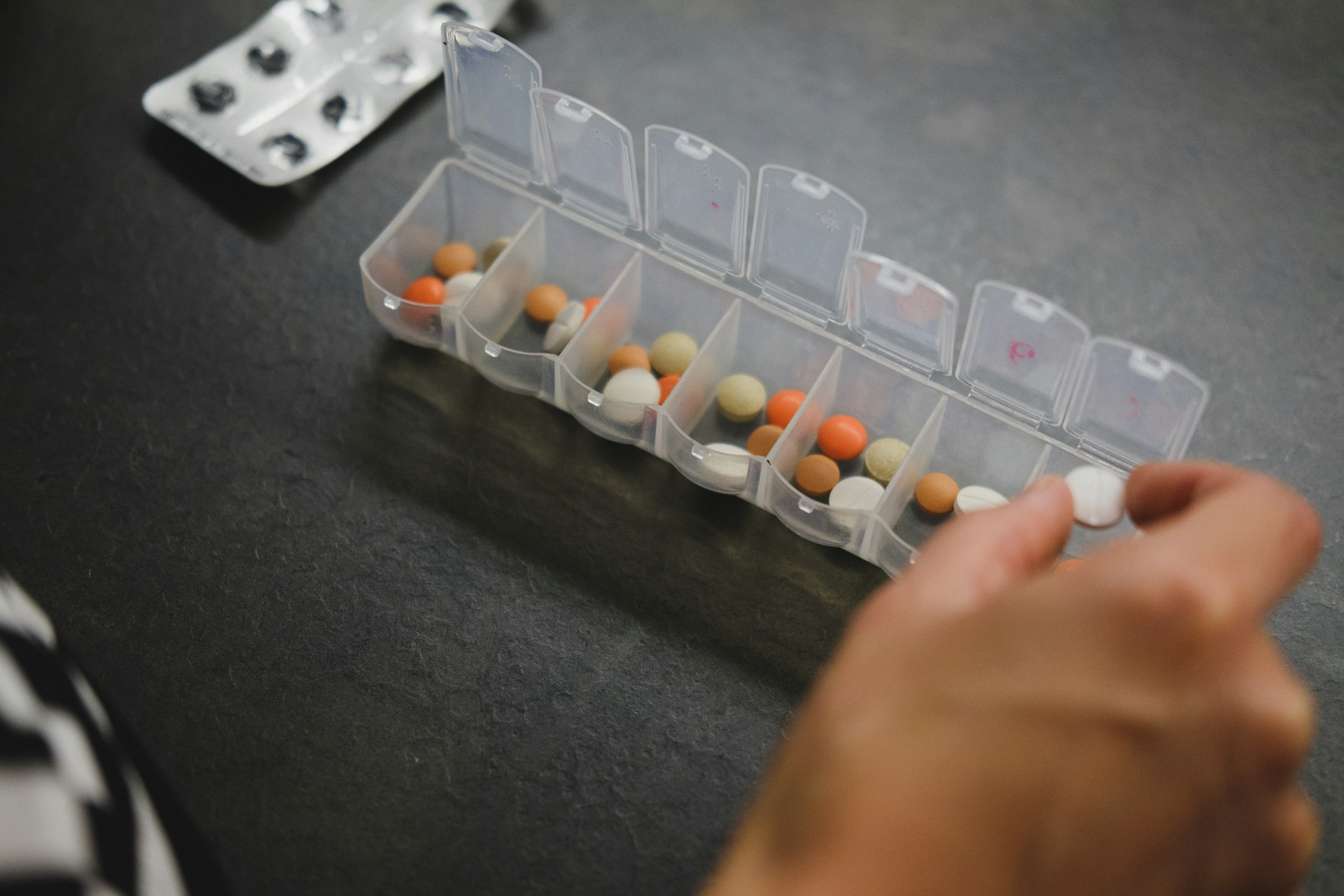Latte art-Instagrammars and stressed-out students alike will no doubt be delighted to hear that two recent studies, published in Annals of Internal Medicine, reveal a link between coffee consumption and reduced mortality from diseases like cancer, diabetes and heart disease.
In the largest study to date to assess the link between coffee consumption and mortality, the first of the two papers tracked 520,000 people from 10 European countries for an average of 16.4 years. As well as reduced incidence of disease, they found coffee to be associated with a reduction in overall early mortality risk of 12% for men and 7% for women, when compared with non-drinkers.
Co-author of the paper, Mark Gunter, believes the study has particular power due to its incorporation of multiple countries and hence varied cultures of coffee preparation and drinking.
“The fact that we saw the same relationships in different countries is kind of the implication that it’s something about coffee rather than it’s something about the way that coffee is prepared or the way it’s drunk.”
The second study examined the diet and health habits of 185,555 Americans over 16 years, and found similar patterns in the form of reductions in heart disease, cancer, respiratory disease, stroke, diabetes, and kidney disease. Additionally, they found similar correlations with reduced early mortality rates of 18% for those who drank 2-3 cups per day, again compared to those who do not drink it at all.
Though exciting news for those of us who may occasionally question the health impacts of our coffee-drinking habits, both studies are observational and so any results must be taken with healthy amount of scepticism. Though the authors tried to control for factors like diet, obesity and smoking status, it is difficult to control for lifestyle differences that may be associated with the choice not to drink coffee. For example, those who choose not to drink any coffee at all may do so due to pre-existing health problems, and so may be in poorer health already.
However, previous studies have indicated that coffee may improve health, with correlations found with improvements in liver function, blood sugar levels and inflammation. The effects do not appear to be attributable to caffeine, as decaf coffee produces the same effects. The authors speculate that the benefits may come from compounds extracted when coffee is prepared, such as antioxidant polyphenols. Nevertheless, further experimental work is required to garner evidence that this is indeed the case.





